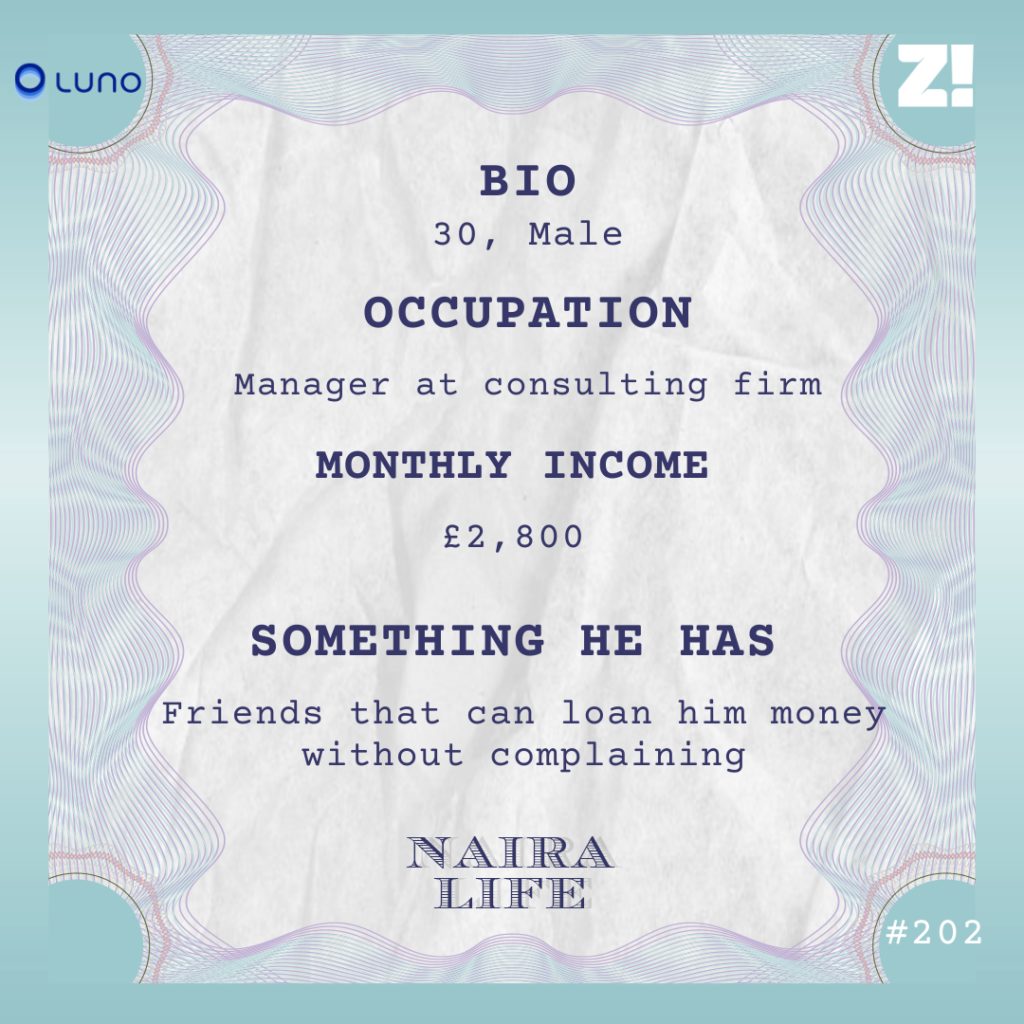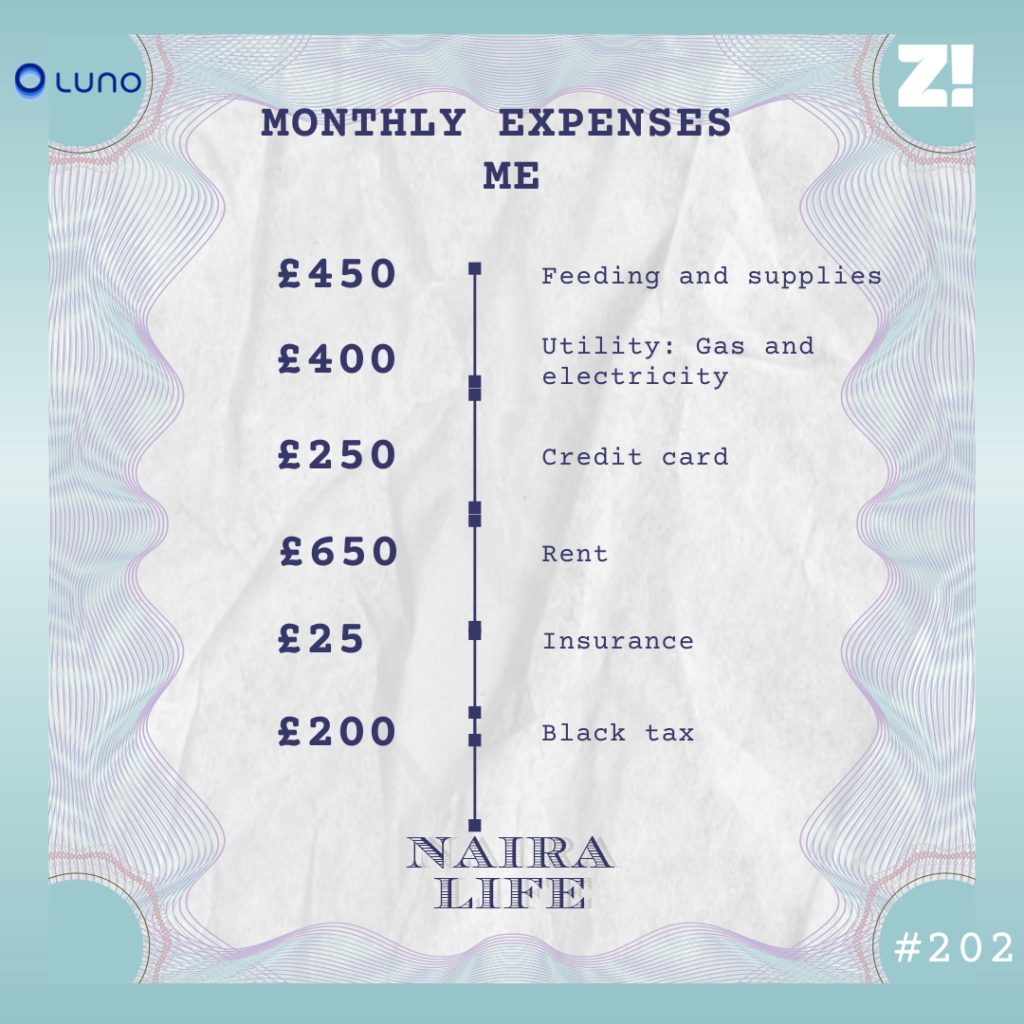If there’s one career advice we get all the time, it’s either, “Do what you love, so you never have to work a day in your life” or “Follow your passion”. These statements are tied to the notion that people should do anything to get a particular job that’d make them happy and fulfilled — the proverbial “dream job”.
I’ve always thought the concept of a dream job is just another ploy to keep you shackled to the chains of capitalism. Why should you dream of working every day of your active life for fulfilment?
Don’t take it from me. These Nigerian professionals share similar sentiments as they tell us why they stopped believing in dream jobs.
“I do love my job, but it’s just not enough.”
— Damian*, 32
I grew up in a typical Nigerian home, where the dad was always working and the mum was a stay-at-home carer. My dad took great pride in his work, and we didn’t lack anything, so I grew up believing all I had to do as a man was my best work and everything else would fall into place.
My dream job was to be a banker like my dad, and I did everything possible to make sure I achieved it. I’m the assistant branch manager at a commercial bank now, but I feel like I’m living my life for someone else.
I work so hard every day, telling myself I chose this life. I do love my job, but it’s just not enough. I hardly have time to even think about other things I might enjoy, and at the end of the day, no one gives a shit about you. You can drop dead one minute, and work will continue the next. Is that life?
“Every job fuels capitalism”
— Clarissa*, 27
I’ll admit I once believed in a “dream job” that had to be the end goal if you wanted to feel like you’ve achieved a successful career. Mine wasn’t a specific role; it just had to be something that paid me in dollars.
I got the dollar-paying job in 2021 and felt good for a while, but capitalism is still capitalism. It’s still the same mind-numbing work that takes over your life. Every job fuels capitalism. The only difference is the amount of money you choose to sell your freedom for.
“Dream jobs don’t necessarily pay the bills”
— Obed*, 29
When I hear “dream job”, I think “follow your passion”. I followed my passion for a while by studying veterinary medicine in university, but omo, I came out and saw that the economy wasn’t smiling. There aren’t enough opportunities for vets in Nigeria. Me, I’ve changed my passion to what can feed me, please.
“The idea just benefits employers”
— Olanna*, 25
I believed that for someone to enjoy working, they had to really love their jobs, so any job that’d make me absolutely love working was meant to be my dream job.
But I have better sense now, and I realise that idea just benefits employers. They encourage you to put in your all to gain “fulfilment” and “change the world”, but they’re the ones who largely benefit from your hard work. No one really loves working. We just do it because we have to.
I’m not saying, don’t like your job. Heck, you have to, or else you’d be miserable all your life. But just do what you can and throw away any notion that you’re indispensable. To your employer, everyone is dispensable.
RELATED: I Love My Job, But I Hate The Fact That I Have to Work
“Not everyone has the luxury for it”
— Dana*, 32
Not everyone has the luxury of pursuing their dreams or jobs they supposedly have passion for, especially in Nigeria. I believed in dream jobs as a young university leaver, but life has shown me we don’t always get to choose what we love. So, what’s the point of believing in it?
Employers don’t even care whether you love the job or not. As long as you’re doing what they paid you for, it’s not their business.
“A job is just a job”
— Anita*, 26
Just like characters in romance novels, I used to believe there was a career path that was “the one” for me. But I’ve pivoted from health to human resources and now administration. I’ve realised there’s no one job that makes me feel fulfilled. As long as I keep doing good work, and my salary helps ease my stress, I’m fine. A job is just a job. We weren’t put on this earth to focus our energies on finding one dream job.
“Money is my own dream”
— Dotun*, 36
I was guilty of telling people to follow their passion, but getting married and having children made me realise money is my own dream.
I followed my passion by starting my career in journalism, but the work environment and challenges that came with it aren’t for the weak. Plus, it doesn’t pay too well. When I got the opportunity to move into tech, I did. Now, I tell people not to be boxed into a corner by the idea of a dream job. Dreams can change, and they can be fuelled by anything.
What if your “dream job” is killing you or can’t pay your bills? Better dream again.
*Names have been changed for the sake of anonymity.
NEXT READ: How to Work When Work Is the Last Thing on Your Mind





